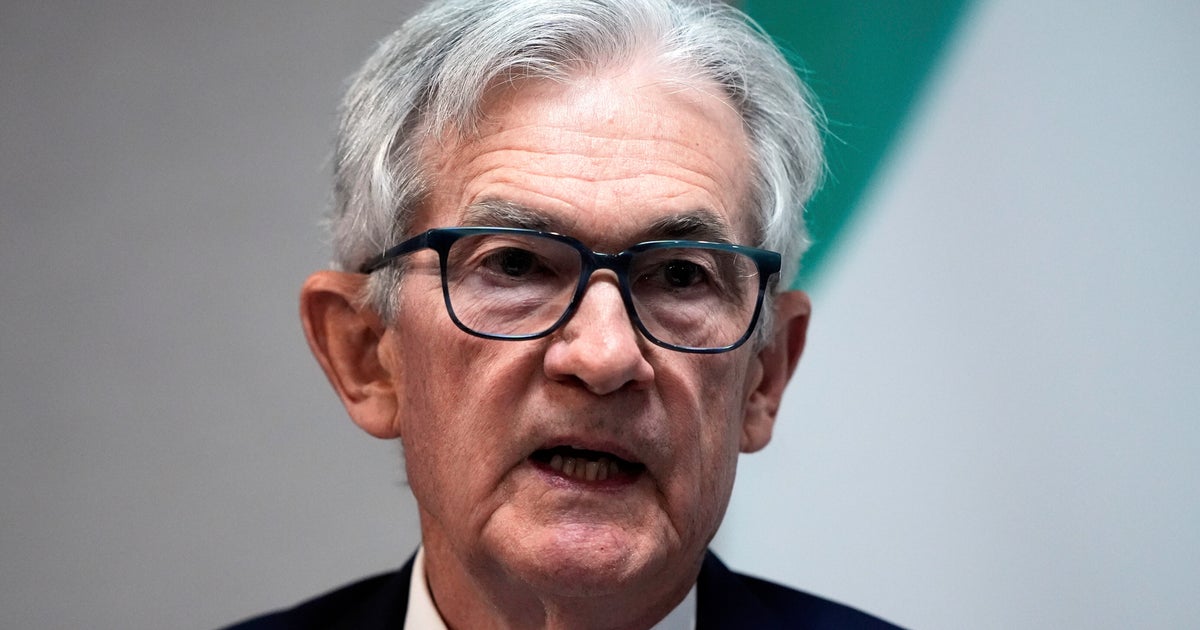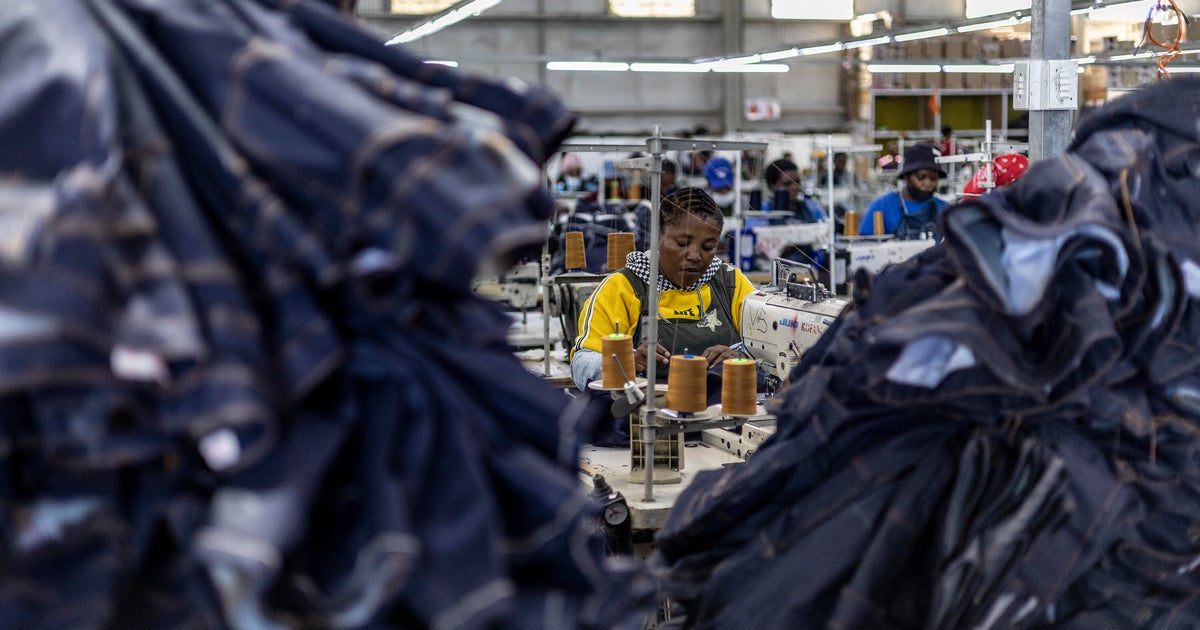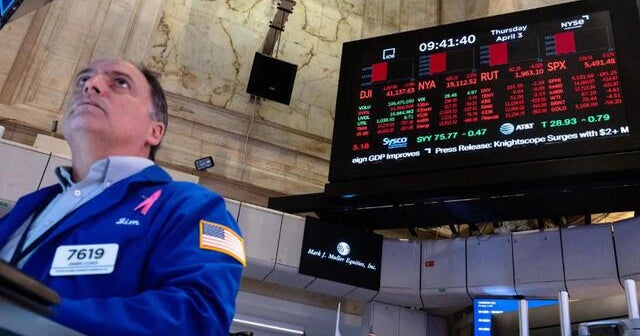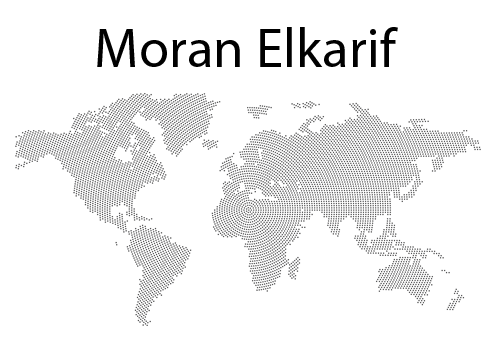Powell on higher inflation, slower growth
The Trump administration’s expansive new tariffs will likely lead to higher inflation and slower growth, and the Federal Reserve will focus on keeping price increases temporary, Fed Chair Jerome Powell said Friday.
The Fed chair’s remarks come two days after Trump unveiled sweeping tariffs that have upended the global economy and sent stock prices in the U.S. and overseas plunging, with investors nervously watching as key trading partners retaliate. China on Friday said it would impose a 34% tariff on imports of all U.S. products starting April 10, the day after Mr. Trump’s new tariffs go into effect.
In written remarks delivered in Arlington, Virginia, Powell said that the tariffs and their impacts on the economy and inflation are “significantly larger than expected.” He also said that the import taxes are “highly likely” to lead to “at least a temporary rise in inflation,” but added that “it is also possible that the effects could be more persistent.”
“Looking ahead, higher tariffs will be working their way through our economy and are likely to raise inflation in coming quarters,” Powell said. “Our obligation is to … make certain that a one-time increase in the price level does not become an ongoing inflation problem,” he added.
Powell’s focus on inflation suggests that the Fed will likely keep its benchmark interest rate unchanged at about 4.3% in the coming months. That is likely to disappoint Wall Street investors, who now expect five interest rate cuts this year, a number that has increased since President Donald Trump announced the tariffs Wednesday.
Mr. Trump on Friday, in a post on his social media platform Truth Social, urged Powell to cut rates, writing that now would be the “PERFECT time” to do it. The president went on to criticize the Fed chair as “always ‘late,'” adding that “he could now change his image, and quickly.”
Economists forecast that the tariffs will weaken the economy, possibly threaten hiring, and push up prices. In that scenario, the Fed could cut rates to bolster the economy, or it could keep rates unchanged — or even hike them — to combat inflation. Powell’s comments suggest the Fed will mostly focus on inflation.
“At the Fed, we are squarely focused on achieving the dual-mandate goals Congress has given us of maximum employment and stable prices,” said Powell. “While uncertainty is high and downside risks have risen, the economy is still in a good place. The incoming data show solid growth, a labor market in balance, and inflation running much closer to, but still above, our 2% objective.”
Weaker growth and higher prices are a tricky combination for the Fed. Typically the central bank would reduce its key interest rate to lower borrowing costs and spur the economy in the event of slower growth, while it would raise rates — or keep them elevated — to slow spending and combat inflation.
“We are closely watching this tension between the hard and soft data,” said Powell. “As the new policies and their likely economic effects become clearer, we will have a better sense of their implications for the economy and for monetary policy.”
Some positive news arrived Friday when the government reported that hiring accelerated in March, with 228,000 jobs added, though the unemployment rate ticked up to 4.2%, from 4.1%.
Yet those figures measure hiring in mid-March, before the scope of the duties became clear. The tariffs have also raised uncertainty about how the economy will fare in the coming months, which could limit businesses’ willingess to invest and hire.
“The Fed is in a tough spot with inflation set to accelerate and the economy poised to slow,” said Kathy Bostjancic, chief economist at Nationwide.










